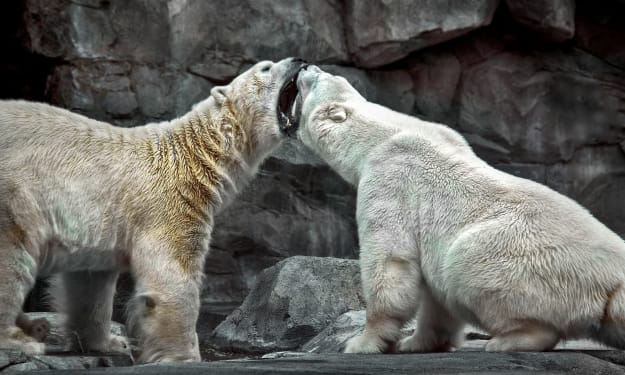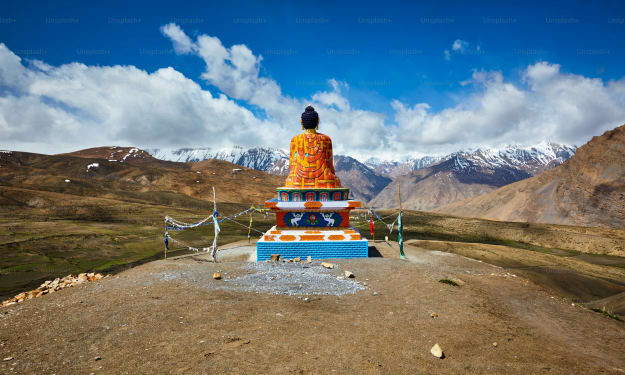Preparing for Covering the Olympics
A Broadcaster's POV

Covering the Olympics has always been a dream of mine, one that seemed distant and almost unattainable when I first started my career in journalism. But now, standing on the cusp of this grand assignment, I can hardly contain my excitement. The journey to prepare for covering the Olympics is as intense and exhilarating as the event itself, filled with anticipation, rigorous preparation, and a relentless pursuit of excellence.
The Call to Adventure
The call came six months before the games. My editor’s voice crackled over the phone, “Rick, you’re going to the Olympics.” I was stunned, a mix of disbelief and elation washing over me. This was the pinnacle of sports journalism, and I was about to be part of it. From that moment, my life became a whirlwind of preparation.
Diving into Research
The first step was research. I buried myself in books, online articles, and past Olympic footage. Understanding the host city’s culture, history, and the layout of the venues was crucial. I spent hours learning about each sport, especially the less familiar ones, to ensure I could speak knowledgeably about them. This wasn’t just about knowing the rules but about understanding the nuances that make each sport unique and compelling.
Building a Network
Networking became my next priority. I reached out to athletes, coaches, and other journalists, building connections that could provide valuable insights and stories once the games began. These relationships were vital, offering a behind-the-scenes look at the athletes’ journeys and the preparations they were undergoing.
Logistical Challenges
As the games drew closer, logistical preparations ramped up. Securing accreditation involved endless paperwork and communication with the International Olympic Committee. Once approved, the next challenge was travel arrangements. Booking flights, securing accommodation close to the venues, and planning daily transport within the city required meticulous planning. I coordinated with my technical team to ensure all our broadcasting equipment was ready and functional, with backups for everything.
On-Site Preparations
Arriving in the host city weeks before the event, I spent the initial days familiarizing myself with the venues. Walking through the stadiums, noting the best locations for live shots, and meeting with local organizers helped me get a feel for the place. Rehearsals were crucial; we conducted mock runs to iron out any issues and ensure smooth live broadcasts.
The Emotional and Physical Toll
The Olympics is a marathon, not a sprint. The days were long, often starting before dawn and stretching late into the night. The time difference added another layer of complexity, disrupting sleep patterns and requiring constant adjustment. The pressure to deliver flawless coverage was immense, but it was a challenge I embraced. The excitement of being part of such a historic event fueled me, even when exhaustion set in.
The Art of Storytelling
Beyond the sports, my mission was to tell the human stories behind the athletes. I spent time with them, learning about their struggles, triumphs, and personal journeys. These stories added depth to my reporting, transforming it from mere coverage of events to a narrative that resonated with viewers worldwide.
Balancing objectivity with passion was another challenge. My goal was to provide unbiased coverage while conveying the excitement and emotion of the games. It was about finding that sweet spot where factual reporting met engaging storytelling.
Embracing Social Media
Social media played a significant role in our coverage. Platforms like Twitter and Instagram allowed me to provide real-time updates and behind-the-scenes content, engaging with viewers in ways traditional broadcasting couldn’t. Managing this online presence required careful planning and a professional touch, ensuring that everything shared was accurate and added value to our coverage.
Reflection and Celebration
As the games concluded, I took time to reflect on the experience. Reviewing our coverage, identifying what worked and what could be improved, was essential for personal and professional growth. The feedback from viewers and peers was invaluable, highlighting the impact of our work.
Covering the Olympics was a monumental achievement, one that required dedication, passion, and relentless effort. It was more than just reporting; it was about being part of a global event that brought the world together. The journey was demanding but immensely rewarding, a testament to the power of sports journalism in capturing the human spirit and the essence of competition.
Standing at the closing ceremony, watching the final fireworks light up the sky, I felt a profound sense of accomplishment. This wasn’t just a job; it was a calling, a privilege to share these stories with the world. And as the Olympic flame was extinguished, I knew this experience would stay with me forever, shaping my career and my approach to journalism.
About the Creator
Rick Saleeby
Rick Saleeby is a respected journalist and broadcaster in New York, known for his ethical approach to sports journalism and dedication to combating misinformation.
Enjoyed the story? Support the Creator.
Subscribe for free to receive all their stories in your feed.






Comments
There are no comments for this story
Be the first to respond and start the conversation.